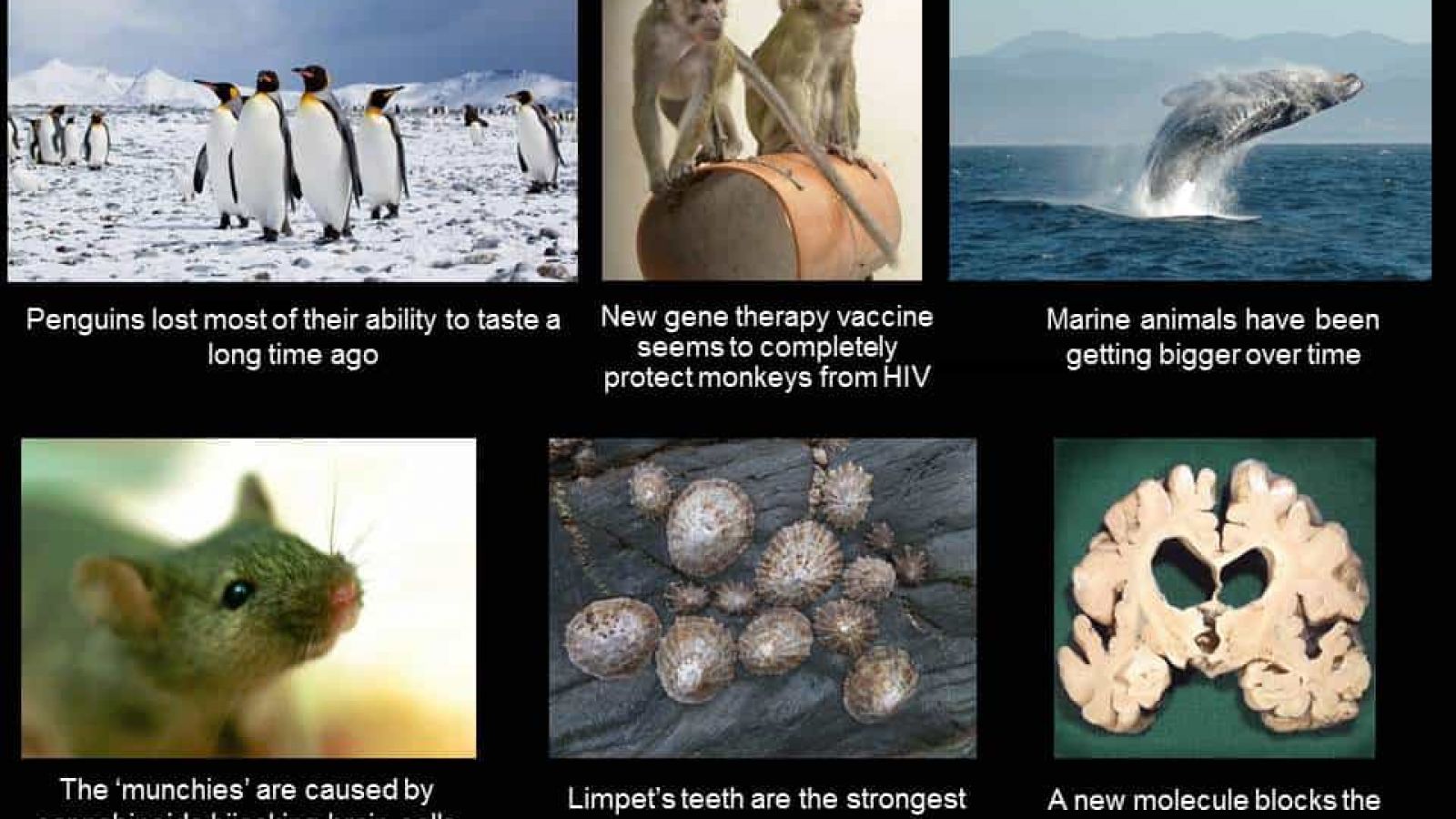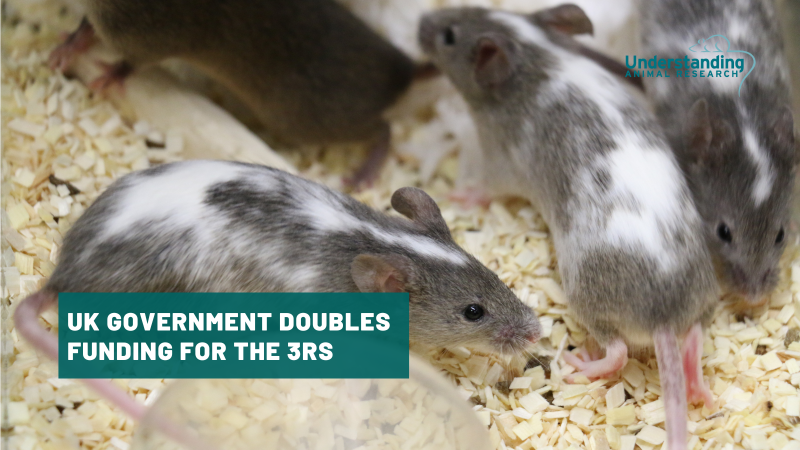
17/02/15
A genetic study of penguins suggests they lost most of their ability for taste long ago. While taste may play an important role in telling animals what they should and should not eat, it is likely to matter less to penguins which swallow fish whole. Of the five basic tastes, penguins can only taste salty or sour things.
Prof Zhang said:
"Their behaviour of swallowing food whole, and their tongue structure and function, suggest that penguins need no taste perception. Although it is unclear whether these traits are a cause or a consequence of their major taste loss."
http://www.bbc.co.uk/news/science-environment-31490623
A team of scientists at Cambridge University have identified a molecule which can block the progress of Alzheimer's at a critical stage in the development of the disease. Researchers modelled what type of molecules might inhibit Alzehimer's processes before confirming with studies in mice.
Dr Ian Le Guillou, research officer at Alzheimer’s Society, said: “This study reveals a new way in which our brain’s natural defences guard against the build-up of amyloid protein which clumps together in Alzheimer’s disease.While most current research attempts to break up these clumps or reduce their impact on brain cells, this new discovery identifies a molecule that reduces the rapid accumulation of the toxic clumps.This revelation is exciting as it gives scientists a whole new way of looking at the problem, opening the doors to possible new treatments.”
18/02/15
Limpet's teeth are the strongest biological material discovered to date. Scientists required a diamond cutter to chop up the tiny teeth of these aquatic snails. These might be used to create false human teeth.
Professor Asa Barber, said:
“The strength of limpet teeth is, on average, 4.9 GPa – that is like trying to break a piece of spaghetti with 3,000 bags of sugar. The second strongest material is spider silk at up to about 4 GPa, followed by the bamboo at almost 1 GPa.” Bone and human teeth are further behind, at 0.7 GPa and 0.5 GPa respectively."
19/02/15
The science of munchies explained – the urge to eat after smoking is caused by cannabinoids hijacking brain cells that normally supress appetite. Cannabis causes the brain to produce a different set of chemicals that transform the feeling of fullness into hunger. Scientists injected cannabinoids into the brains of mice and monitored which neurons were activated. This helped illuminate a previously unknown aspect of the brain’s feeding circuitry and could help design new drugsthat would boost or supress appetite at will.
Tamas Horvath, who led the work at Yale University, said: “By observing how the appetite centre of the brain responds to marijuana, we were able to see what drives the hunger brought about by cannabis and how that same mechanism that normally turns off feeding becomes a driver of eating. It’s like pressing a car’s brakes and accelerating instead.”
http://www.theguardian.com/…/study-on-why-cannabis-kicks-in…
A new approach to vaccination seems to completely protect monkeys from HIV. Vaccines usually prepare the immune system to fight an infection. Instead, scientists have altered the DNA of monkeys to give their cells HIV-fighting properties. This technique uses gene therapy to introduce a new section of DNA – containing the instruction to build tools to neutralize HIV - inside healthy muscle cells. The monkeys who received the injection were protected from all types of HIV for at least 34 weeks. Researchers want to start human trials as fast as possible and they believe that this approach may be useful in people who already have HIV.
Lead researcher Prof Michael Farzan says: "We are closer than any other approach to universal protection, but we still have hurdles, primarily with safety for giving it to many, many people.
http://www.bbc.co.uk/news/health-31511244
20/02/15
Marine animals have been getting bigger over time, on average, since the Cambrian period. Over the past 542 million years, the average size of a marine animal has gone up by a factor of 150. The blue whale is more than 100,000 times the size of the largest animal the Cambrian could offer. This is not random – the study suggests that bigger animals generally fare better at sea, possibly by moving faster, burrowing better in sediment, or eating larger prey. The changing chemistry of the ocean, including the increase in oxygen, may also have played a role.
"The degree of increase in both mean and maximum body size just aren't well explained by neutral drift," said Dr Noel Heim, from Stanford University in California. "It appears that you actually need some active evolutionary process that promotes larger sizes."
http://www.bbc.co.uk/news/science-environment-31533744
Last edited: 10 March 2022 17:55




